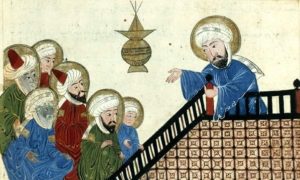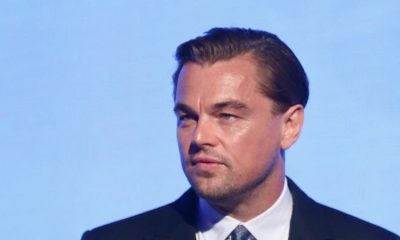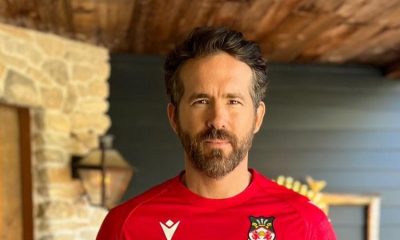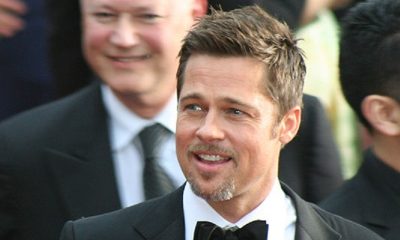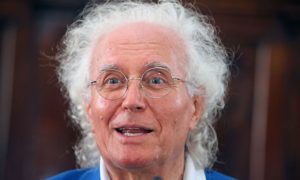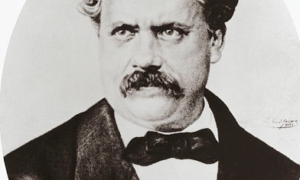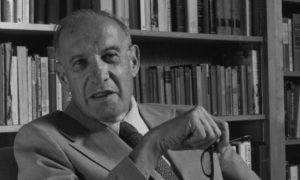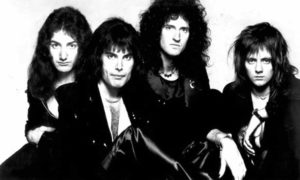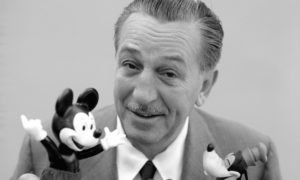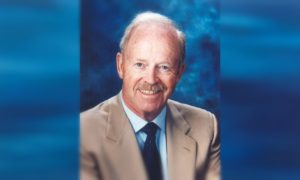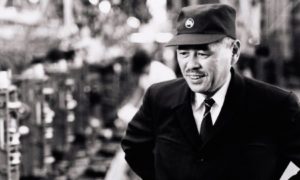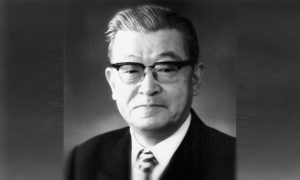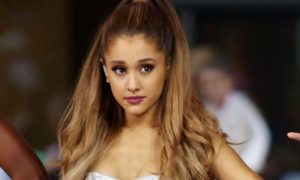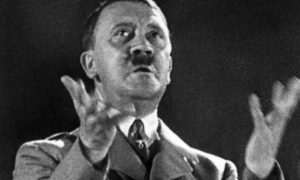activist
Malcolm X
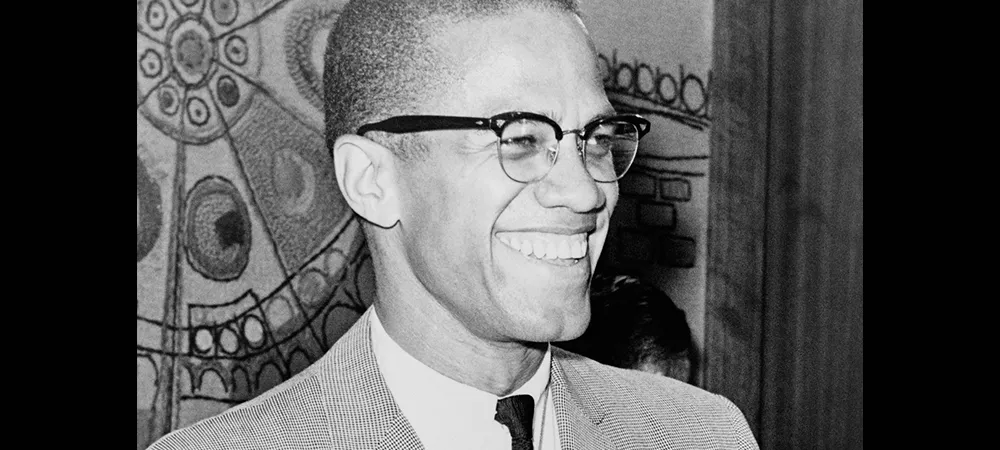
| Personal information | ||
|---|---|---|
| Full name | Malcolm Little - Malcolm X | |
| Birthdate | May 19, 1925 | |
| Date of death | February 21, 1965 | |
| Cause of death | Murder by firearm | |
| Occupation | Speaker, religious minister, and revolutionary leader | |
| Nationality | American | |
| Spouse | Betty Shabazz ( 1958–1965) | |
| Height | 1.92 m | |
| Parents | Louisa Norton | |
| Zodiac sign | Taurus | |
| Biography in other languages | ||
Biography of Malcolm X
Malcolm Little, also known as El-Hajj Malik El-Shabazz (born May 19, 1925 and died February 21, 1965), better known as Malcolm X, was a speaker, religious minister, and revolutionary leader of the African American community in the United States. The son of a Protestant minister, he had to constantly move during his childhood due to attacks from racist groups. After the death of his father and the breakdown of his family, he struggled with drugs and common crime. In 1946, he was sentenced to seven years in prison. During his imprisonment, he left drugs and approached the Muslim religious movement, Nation of Islam (NOI). Upon release, he joined the NOI, changed his surname to “X” and began a strong political activism in defense of African American rights. Over time, he became a hero and spokesman for African Americans and a revolutionary reference of Islam. However, his activism and the intrigues that were aimed at him cost him his life.
Early Years
Malcolm X was born in Omaha, Nebraska. During his childhood, his family moved to Lansing, Michigan. He was six years old when his father, Reverend Earl Little, died as a result of an attack by a white supremacist group, being hit by a streetcar. His mother, Louise Little, had to resort to selling dandelion leaves on the street to feed the family. However, after a while she was institutionalized in a psychiatric hospital and Malcolm and his brothers were sent to foster homes and to the house of some relatives.
As a student, Malcolm excelled in his early years, but lost interest in education after one of his eighth-grade teachers told him that he should become a carpenter instead of a lawyer. Becoming a rebellious young man, in 1942 he moved to New York and began to become involved in criminal activities, such as drug trafficking, prostitution, and theft, until being sentenced to prison in 1946.
Prison and the beginnings in the NOI
With a seven-year sentence, Malcolm quit drugs, resumed his studies through correspondence and came into contact with the Nation of Islam (NOI), a Muslim religious movement created by Wallace Fard Muhammad and led by Elijah Muhammad, which considered the black minority as Allah’s chosen people, while whites were the personification of the devil. Malcolm then moved from crime and marginalization, caused by circumstances, to political activism in defense of the African American community. After being released from prison in 1952, Malcolm joined the NOI, changing his surname from Little to “X”. The X represented the African surname that African Americans had lost due to slavery.
In a short time, his oratory skills and activism extended the influence of the Nation of Islam in cities such as Detroit, Boston, and Philadelphia. Later, he founded the newspaper Muhammad Speaks and became the leader of the NOI in New York. His activism, sometimes radical, soon made him a target of persecution and criticism. By the late 1950s, Malcolm was portrayed by the media as a propagator of violence; his message of rejection of white domination and defense against racism was misconstrued. His popularity also caused problems within the NOI, such as rivalry with Elijah Muhammad, which ended with his departure in 1964. That year, Malcolm became aware of a plan to assassinate him.
Leaving the NOI and last years
For Malcolm, it was necessary for there to be more active participation in political struggle; he believed that individual reforms within the Nation of Islam or the civil rights campaign that was gaining momentum through the leadership of Martin Luther King, alone, would not lead to the liberation of blacks. In accordance with this, he founded his own movement: the Muslim Mosque Association (1964).
That same year, he completed his pilgrimage to Mecca, taking the opportunity to visit other Muslim countries. Through this journey, he converted to a more orthodox form of Islam, seeing the possibility of brotherhood among all races. He then abandoned the racism of the NOI and began preaching the idea of black nationalism, a style of emancipation that would give the black minority control over their own organizations and communities.
During a second trip taken in 1964, Malcolm had contact with important African leaders, such as the then presidents Gamal Abdel Nasser of Egypt, Julius Nyerere of Tanzania, Kwame Nkrumah of Ghana, and Jomo Kenyatta of Kenya. It was then that he added to his speech the struggle against American imperialism, reflected in the foundation of the Organization of African American Unity, also in 1964. The organization was secular and had a socialist tendency. However, these transformations were not successful as Malcolm was assassinated the following year, probably due to his rivalry with Elijah Muhammad.
Death
Malcolm X was assassinated on February 21, 1965, by men believed to be associated with the Nation of Islam, while giving a speech at the Organization of African American Unity in New York in front of 400 people and his family. Of the three men arrested, Thomas Hagan was the only one who acknowledged his involvement in the assassination.
His autobiography, The Autobiography of Malcolm X, which was published a year later, increased his fame, making him an ideological hero, especially among young black people.
Since then, several movies, TV series and works have been produced that depict his life. Notable examples include the 1992 movie Malcolm X, which adapted his autobiography; the 2020 Netflix series Who Killed Malcolm X?, and the 2021 documentary Blood Brothers: Malcolm X and Muhammad Ali.

activist
Lil Nas X

Lil Nas X Biography
Lil Nas X is an American rapper and singer-songwriter born on April 9, 1999 in Atlanta, Georgia. His real name is Montero Lamar Hill and he is known for his country rap song “Old Town Road”, which became viral through the Yeehaw Challenge on TikTok. He studied at Lithia Springs High School and became known through his Twitter account, where he began promoting his music under his stage name. He is also the creator of a Nicki Minaj fan account called NasMaraj.
In 2018, uploaded some of his songs to SoundCloud. At the end of the year, he released “Old Town Road”, which reached number 83 on the Billboard Hot 100 and later reached the top spot. It also reached number 19 on the Hot Country list and number 36 on the Hot R&B/Hip-Hop Songs, although it was removed from the latter by Billboard, which argued that the song did not meet the requirements to be included.
Lil Nas X has had the support of Billy Ray Cyrus and has collaborated with him on several occasions. Recently broke the record for streaming in the United States for a week, surpassing Drake with 143 million plays of his song “Old Town Road”, surpassing the song “In My Feelings”. There are also rumors that Lil Nas X could collaborate with Joe Jonas on a musical project.
In June 2019, during Pride Month, Lil Nas X publicly accepted his homosexuality and received the support of his followers and friends. However, he also received a lot of homophobic comments from people criticizing his decision to come out as a gay artist in a musical genre like Hip Hop, which is often considered an unwelcoming circle for LGBTQ+ artists.
The new single “MONTERO (Call Me By Your Name)” reached number 1 on many worldwide charts. However, it was heavily criticized and controversial due to the official music video for the song.
Awards and accolades
- Diamond record for the sales of the single “Old Town Road”.
- Award at the American Music Awards for the single “Old Town Road”.
- Two 2020 Grammy Awards: Best Music Video and Best Pop Duo/Group Performance, both for “Old Town Road”.
- Two 2019 MTV Video Music Awards for the single “Old Town Road”: Song of the Year and Best Direction.
activist
Greta Thunberg

Biography of Greta Thunberg
Greta Tintin Eleonora Ernman Thunberg (born January 3, 2003) is a Swedish environmentalist who was awarded the Right Livelihood Award in 2019 for her efforts to protect the environment. Greta began working on environmental issues in 2014 and gained attention in 2018 for organizing several student strikes in front of the Swedish parliament. She quickly became one of the most visible faces of the climate movement and participated in numerous international summits and events.
Family and early years
She is the oldest of two daughters of actor Svante Thunberg and opera singer Malena Ernman. Her grandfather is director Olof Thunberg. At a young age, she was diagnosed with Asperger’s syndrome, selective mutism, and OCD. As a child, she took ballet lessons and learned to play the piano.
Climate change initiative
At the age of eleven, she experienced a severe episode of depression that led her to learn about climate change. Realizing she was not doing enough to combat it, she completely changed her lifestyle, stopped consuming meat, and began looking for ways to reduce her impact on the environment.
She soon realized that just changing her own lifestyle was not enough, so she began promoting change among her peers. She challenged these people to reduce their carbon footprint. Inspired by her passion and concerned about climate change, her parents followed her example by stopping the consumption of meat and flying. This ended her mother’s international career as an opera singer.
The whole story about her family and the change that Greta promoted in them is narrated in the book “Scener ur hjärtat” (Scenes from the heart), published in 2018. That same year, Thunberg became famous as the Friday activist, as she sat in front of the Swedish parliament every Friday to protest the government’s inaction on climate change.
Greta Thunberg: protests and conferences
From August 20 to September 9, 2018, Greta stopped going to school to protest in front of the Swedish parliament with a sign that said “Skolstrejk för klimatet” (school strike for the climate). She demanded, like Rosa Parks, sitting down, the reduction of carbon emissions according to the Paris Agreement.
After the general elections on September 9, Thunberg continued protesting in front of parliament every Friday, quickly attracting the attention of the public and the media. Her protests soon inspired other students and activists from around the world. By the end of 2018, Greta became famous for her strikes and speeches on climate change and environmental protection.
In December 2018, Thunberg addressed key figures in the world at the United Nations Climate Change Conference (COP24) and made it clear that the world as we know it is in danger due to the inaction of governments. She later participated in a talk with some representatives of the We Don’t Have Time Foundation and in January 2019 she appeared at the Davos Forum.
Continuing with her climate campaign, on February 21, 2019 she participated in one of the conferences of the European Economic and Social Committee and spoke with Jean-Claude Juncker, the head of the European Commission. Once in Sweden, she continued protesting in front of parliament. Many students and activists joined her.
In July of that same year, Greta met with the British band The 1975. One of her speeches was included on the band’s new album, Notes on a Conditional Form.
Current events
At the beginning of 2020, she participated in the annual assembly of the World Economic Forum in Davos (January 21) and in the Environment Committee of the European Parliament (March 4).
Greta was isolated, after her trip to Brussels, because she had some symptoms of covid-19 infection. Currently, she keeps away from the spotlight and crowds due to the spread of the virus. However, she has not stopped communicating her message through social media. She has also called on young people to take care of themselves and their elders in light of recent news about the spread.
Recognitions
For her actions in favor of the environment, she has received the Fryshuset scholarship (2018); the Special Climate Protection Award Goldene Kamera (2019); the Prix Liberté de Normandie (2019); the Fritt Ords Award (2019) and the Right Livelihood Award (2019). She has also been included on Time magazine’s list of the most influential people and was named Sweden’s most important woman of the year (2019).
She was nominated as a candidate for the Nobel Peace Prize by three members of the Norwegian parliament in 2019. She also received the Geddes Environment Medal, the 2019 International Children’s Peace Prize, and an honorary doctorate from the University of Mons.
